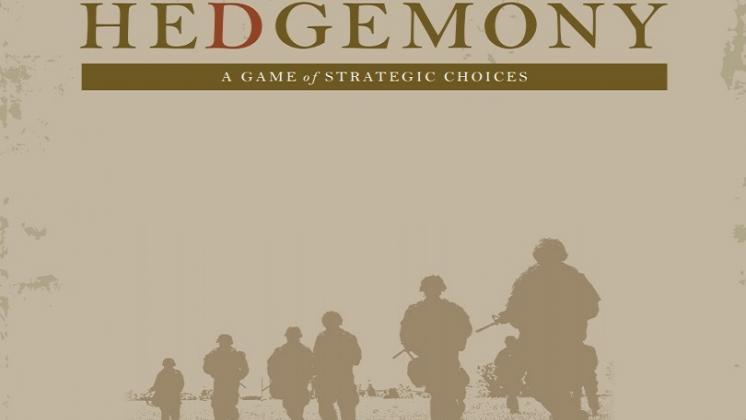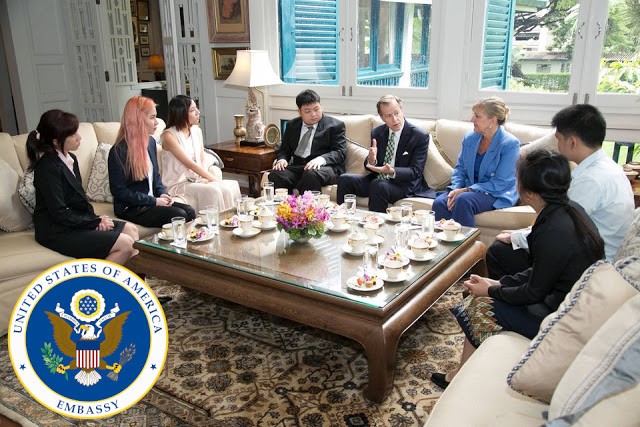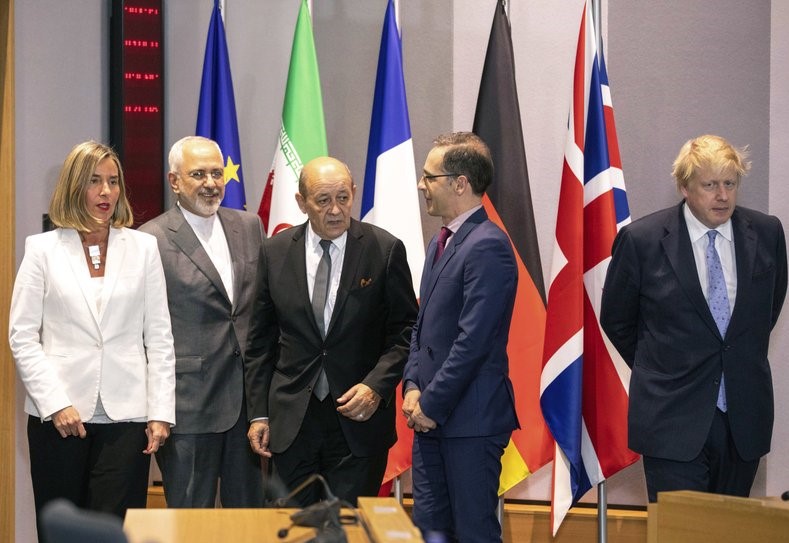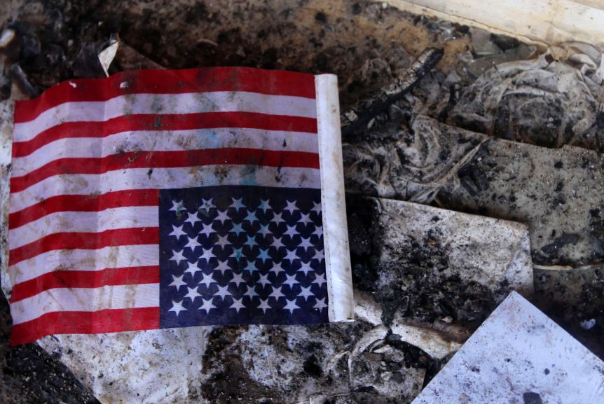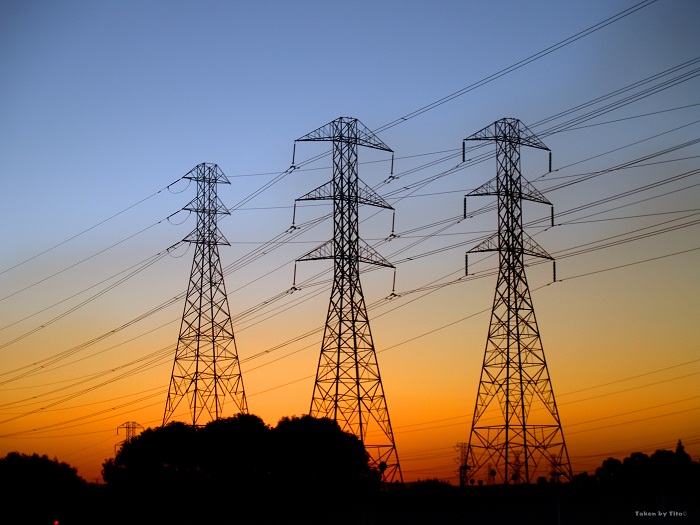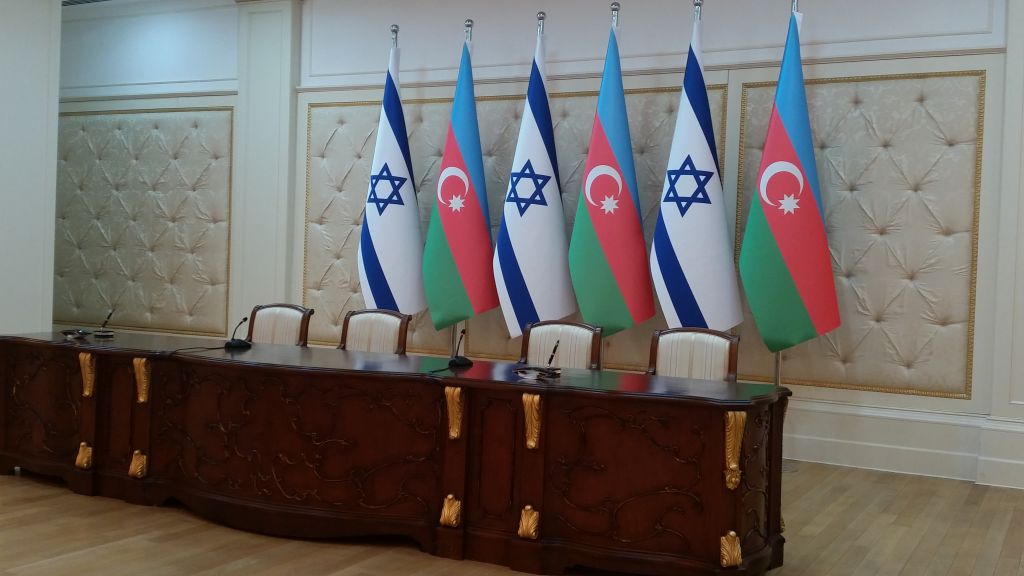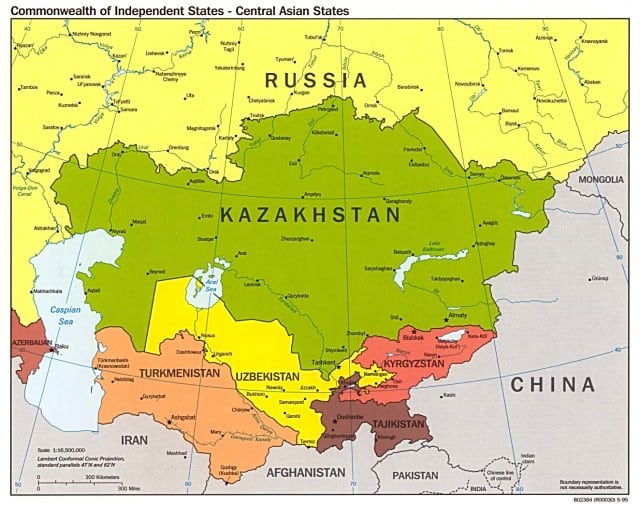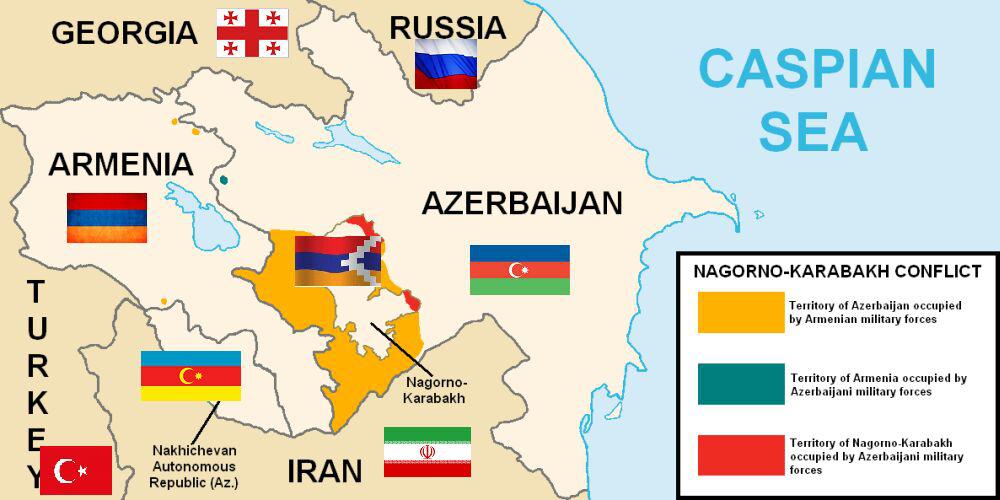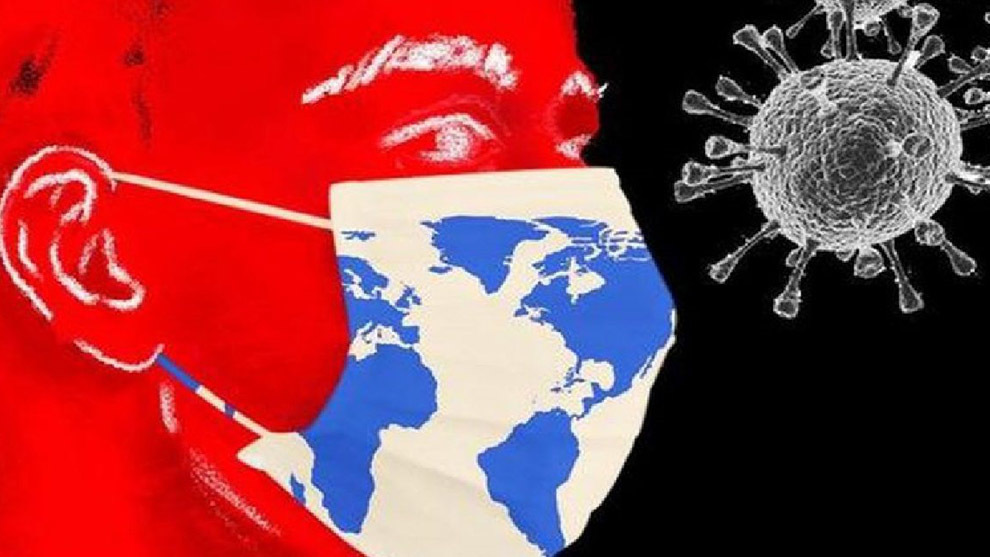Confrontation with Iran in the gray zone
PEJOURNAL - Operating in the Gray Zone, a report, written by military analyst Michael Eisenstadt shortly after the assassination of General Soleimani, seeks to provide a solution to Iran in West Asia, published by The Washington Institute for Near East Policy. Strategic think tank of explanation - The Washington Institute for Near East Policy was founded in 1985 by Martin Sean Indyk, research assistant at the AIPAC, Zionist Lobby, to advise US decision-making institutions on West Asia and North Africa policy. Warren Christopher, Alexander Hague and George Schultz former secretaries of state, as well as Robert McFarlane, a former national…

